
Netherlands Likely To See First-Ever Openly Gay Prime Minister
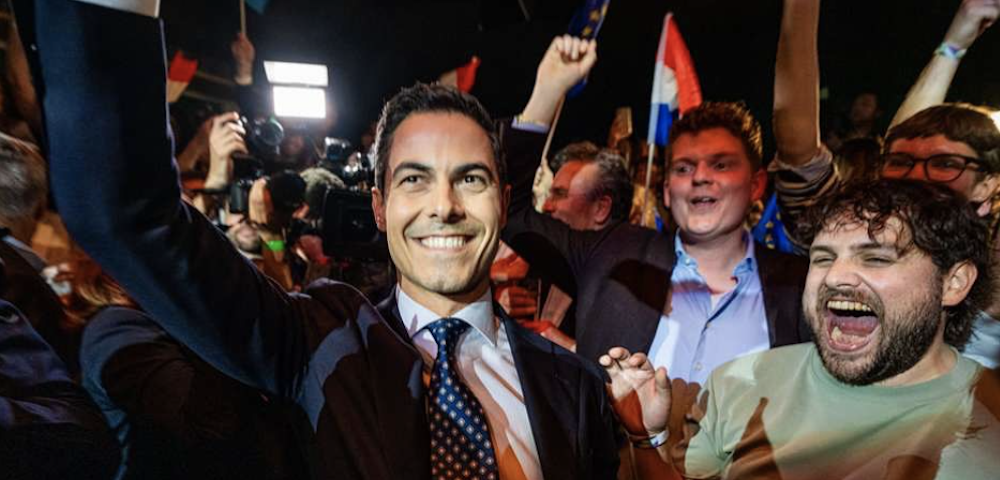
Leader of the Democrat 66 party, 38-year-old Rob Jetten is the favourite to become the Netherlands youngest and first openly gay Prime Minister, after his party gained 17 seats in the country’s general election this week.
A centrist, Jetten’s victory comes as the far-right Freedom Party (PVV) saw a significant drop in support, with leader Geert Wilders, sometimes called the “Dutch Trump”, having been ruled out as a leader in the next government.
“Of course, we would have liked to win more seats, and I regret the loss, but it’s not as if we were wiped off the map,” Wilders said.
Jetten’s popularity has surged over the last month thanks to his campaign to resolve housing shortages, tackle immigration concerns, and invest in the country’s education.
“Today we determine the course of our country,” he wrote on Instagram on election morning.
“Either we keep hanging in grudge and stagnation, or together turn the page on Wilders. I believe in a Netherlands that wants to move forward. That big dares to dream, hold each other together, and chooses hope, cooperation and solutions. Go vote because together we’ll show: it’s possible.”
View this post on Instagram
“Possible to beat populist and extreme right movements”, says Jetten
Violently anti-Muslim, Wilders led his party to a first-place finish in the country’s last election in 2023, forming an all-conservative coalition. He’s been criticised by Jetten of “hijacking” Dutch identity, and only standing up for the rights of women and LGBTQIA+ people when villainising Islam.
The election was viewed by many as a test to see whether the far right can expand its reach, or whether it had already peaked in parts of Europe.
“We’ve shown not only to the Netherlands, but also to the world that it is possible to beat populist and extreme right movements,” Jetten told the crowd at the D66 election night celebration.
“Millions of Dutch people today turned a page and said farewell to the politics of negativity, of hate, of endless ‘No we can’t’.”
With 90 per cent of the votes having been counted on Thursday morning, both Wilders’ and Jetten’s parties are projected to take 26 seats in the 150-seat lower house of parliament.
76 seats are needed to form government, at least four parties will be required to form a coalition, a process expected to take months.




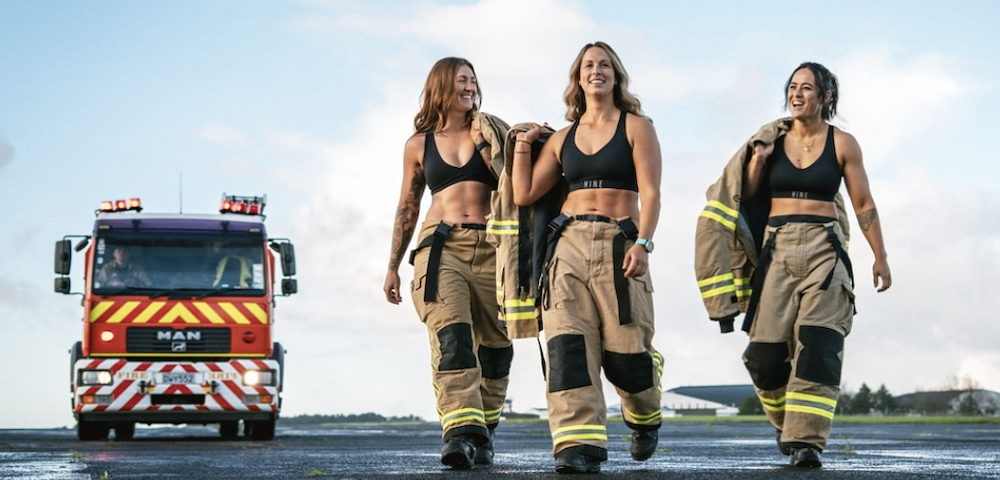
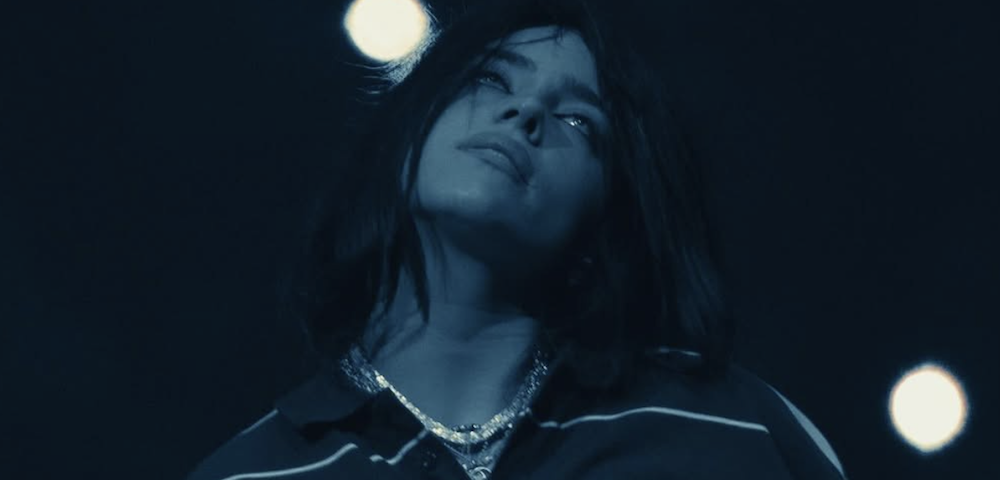
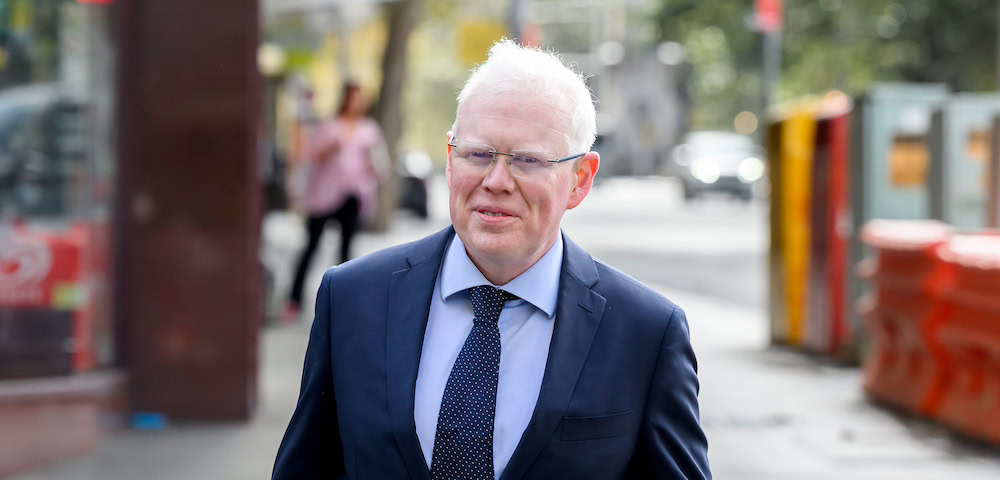
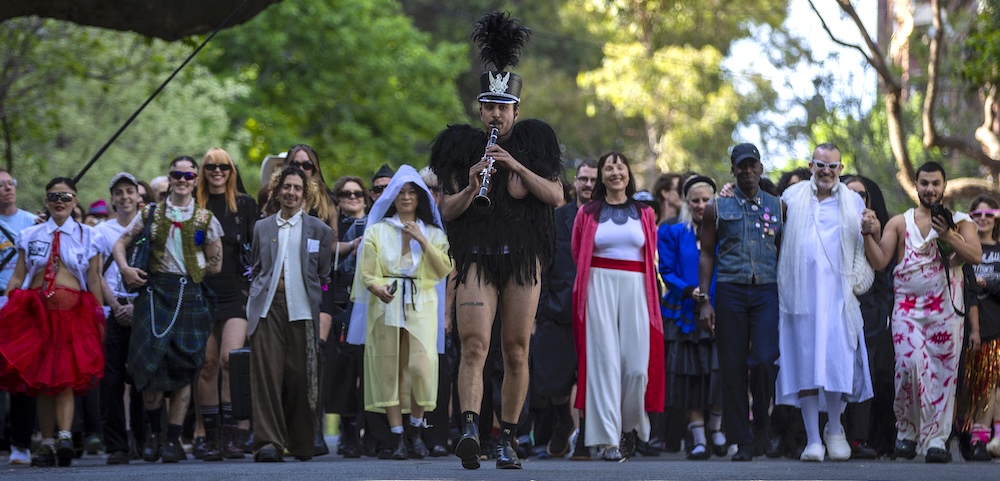
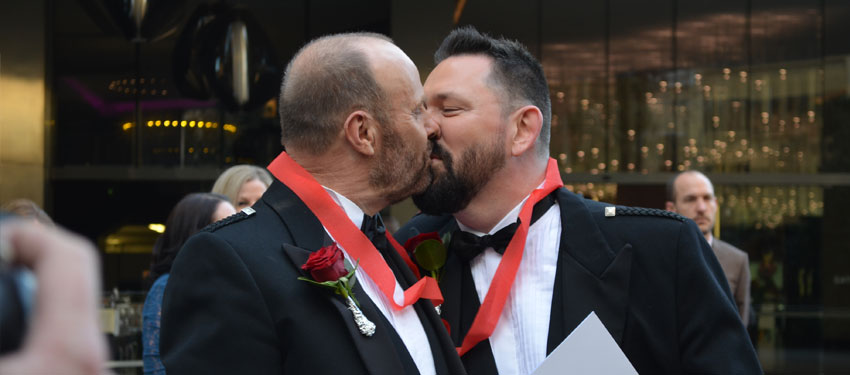

Leave a Reply